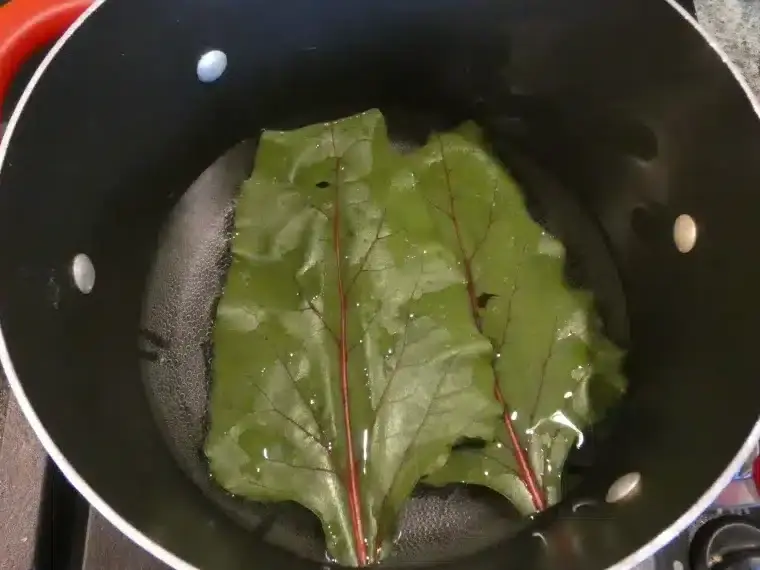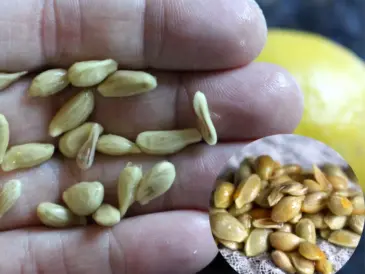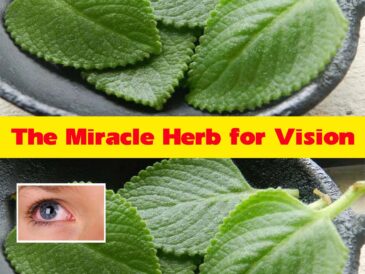When most people buy beets, they focus on the deep red root and toss away the leafy greens without a second thought.
But what many don’t realize is that beet leaves are one of the most underrated superfoods hiding in plain sight – bursting with nutrients, antioxidants, and medicinal benefits that can transform your health.
A Forgotten Superfood: The Nutrient Profile of Beet Leaves
Beet greens are a true nutritional powerhouse. They’re low in calories but loaded with essential vitamins, minerals, and antioxidants that your body thrives on.
Here’s what one cup of cooked beet greens provides:
- Vitamin K: Over 700% of your daily requirement – vital for bone strength and blood clotting.
- Vitamin A: 220% of the daily value – supports vision, immunity, and skin health.
- Vitamin C: Strengthens the immune system and supports collagen production.
- Iron: Boosts red blood cell formation and fights fatigue.
- Magnesium, Calcium, and Potassium: Crucial for heart, muscle, and nerve function.
- Folate: A key nutrient for DNA repair and cellular regeneration.
Combined, these nutrients make beet leaves an exceptional food for whole-body health – from your heart to your liver and skin.
1. Detoxifies the Liver and Purifies the Blood
One of the most well-known medicinal benefits of beet leaves is their ability to cleanse and support the liver – your body’s natural detox organ.
Beet greens contain betaine and chlorophyll, compounds that help the liver eliminate toxins, process fats, and maintain optimal function.
- Betaine protects liver cells from oxidative stress and supports bile flow – aiding digestion and detoxification.
- Chlorophyll helps neutralize heavy metals and other toxins while increasing oxygen in the blood.
By regularly consuming beet leaves, you can boost liver function naturally, reduce the body’s toxic load, and improve overall energy levels.
Tip: Add lightly steamed beet leaves to your meals a few times per week to enhance detoxification.
2. Strengthens the Heart and Improves Circulation
Beet leaves are a heart-healthy food rich in nitrates, magnesium, and potassium, which help regulate blood pressure and improve circulation.
Nitrates naturally convert into nitric oxide, a compound that relaxes blood vessels, improves oxygen flow, and supports cardiovascular health.
Regular consumption can:
- Lower high blood pressure
- Reduce the risk of stroke and heart disease
- Improve stamina and endurance
These same compounds are found in beetroot, but beet leaves provide them alongside additional antioxidants and fiber that support the circulatory system even further.
3. Boosts Energy and Fights Fatigue
Feeling sluggish or low on energy? Beet leaves are a natural energy booster.
Their high iron and folate content help your body produce healthy red blood cells, which carry oxygen throughout the body. When your cells receive more oxygen, you feel more alert, active, and energized.
Additionally, beet leaves’ magnesium helps convert food into usable energy while supporting muscle recovery and reducing cramps – making them ideal for athletes or anyone with an active lifestyle.
4. Enhances Brain Function and Mental Clarity
Beet greens don’t just energize the body – they nourish the brain too.
Their nitrates help improve blood flow to the brain, which enhances memory, focus, and cognitive performance.
Studies have shown that diets rich in nitrates can help slow age-related mental decline and may reduce the risk of dementia.
The combination of antioxidants, folate, and vitamin K also protects neurons from oxidative stress, helping maintain sharpness and emotional balance.
Try This: Blend a few beet leaves into your morning smoothie or green juice for a brain-nourishing start to the day.
5. Supports Healthy Skin and Slows Aging
If you’re looking for natural beauty from within, beet leaves are your ally.
They’re rich in vitamin A and C, which promote collagen production, speed up wound healing, and help maintain youthful, glowing skin.
The antioxidants in beet leaves – such as lutein and zeaxanthin – protect the skin from UV damage and fight free radicals that cause wrinkles and dullness.
Regularly eating beet greens can also help clear acne and improve skin tone by purifying the blood and balancing the body’s natural detox pathways.
6. Builds Strong Bones and Joints
Thanks to their exceptional vitamin K, calcium, and magnesium content, beet leaves help build and maintain strong bones.
Vitamin K is especially powerful – it works with calcium to increase bone density and reduce the risk of fractures and osteoporosis.
Additionally, the anti-inflammatory properties of betaine and other phytonutrients in beet leaves can help reduce joint pain and stiffness, especially in those with arthritis.
7. Boosts Immunity and Fights Inflammation
Beet greens are packed with immune-strengthening compounds.
- Vitamin C enhances white blood cell activity and helps the body fight infections.
- Beta-carotene (a precursor to vitamin A) strengthens mucous membranes – the body’s first line of defense.
- Polyphenols and flavonoids reduce inflammation and protect against chronic diseases.
These compounds make beet leaves a powerful food for staying healthy year-round, especially during seasonal changes or stressful times.
8. Aids Digestion and Supports Gut Health
Beet leaves are rich in dietary fiber, which promotes healthy digestion and regular bowel movements.
The fiber feeds beneficial gut bacteria, supports nutrient absorption, and prevents constipation. At the same time, their natural alkalinity helps balance stomach acid and soothe indigestion.
Including beet leaves in your diet can help cleanse the digestive tract, prevent bloating, and maintain a healthy microbiome.
9. Helps Regulate Blood Sugar
If you’re managing blood sugar levels, beet leaves can be your ally.
They contain alpha-lipoic acid, an antioxidant known to improve insulin sensitivity and lower glucose levels. Additionally, their fiber slows the absorption of sugar, preventing spikes and crashes.
Unlike refined carbs, beet greens offer steady energy and support stable metabolism – making them a great addition to a balanced diet for those with diabetes or prediabetes.
How to Use Beet Leaves in Your Kitchen
Beet leaves are incredibly versatile – and you can use them just like spinach, kale, or Swiss chard.
Here are a few delicious ways to enjoy them:
- Sautéed: Lightly sauté beet greens with olive oil, garlic, and lemon juice for a quick side dish.
- Smoothies: Add a handful of fresh beet leaves to fruit or green smoothies for a nutrient boost.
- Soups and Stews: Stir chopped beet greens into soups or lentil stews near the end of cooking.
- Salads: Young, tender leaves can be eaten raw in salads with vinaigrette.
- Juicing: Combine beet leaves with cucumber, apple, and ginger for a cleansing juice.
- Omelets or Stir-Fries: Add chopped beet leaves to eggs or stir-fries for extra flavor and color.
Note: If you’re new to beet leaves, start with small amounts – they contain oxalates, which can interfere with calcium absorption if eaten in large quantities. Cooking or steaming reduces this effect significantly.
Bonus: Beet Leaves as a Home Remedy
Throughout history, beet leaves have been used as a natural healing remedy in traditional medicine.
Here are some simple ways they’ve been used:
- For fatigue: Beet leaf tea or juice boosts iron and energy levels.
- For inflammation: Warm beet leaves were applied as poultices on sore joints.
- For digestion: A mild beet leaf decoction was taken to soothe the stomach.
These time-tested uses reflect the deep medicinal power of this often-overlooked kitchen ingredient.
Beet leaves are not just kitchen scraps – they’re a nutrient-dense healing food that supports every major system in your body.
From cleansing your liver and strengthening your heart to nourishing your brain, bones, and skin, these vibrant greens are one of nature’s best-kept secrets.




